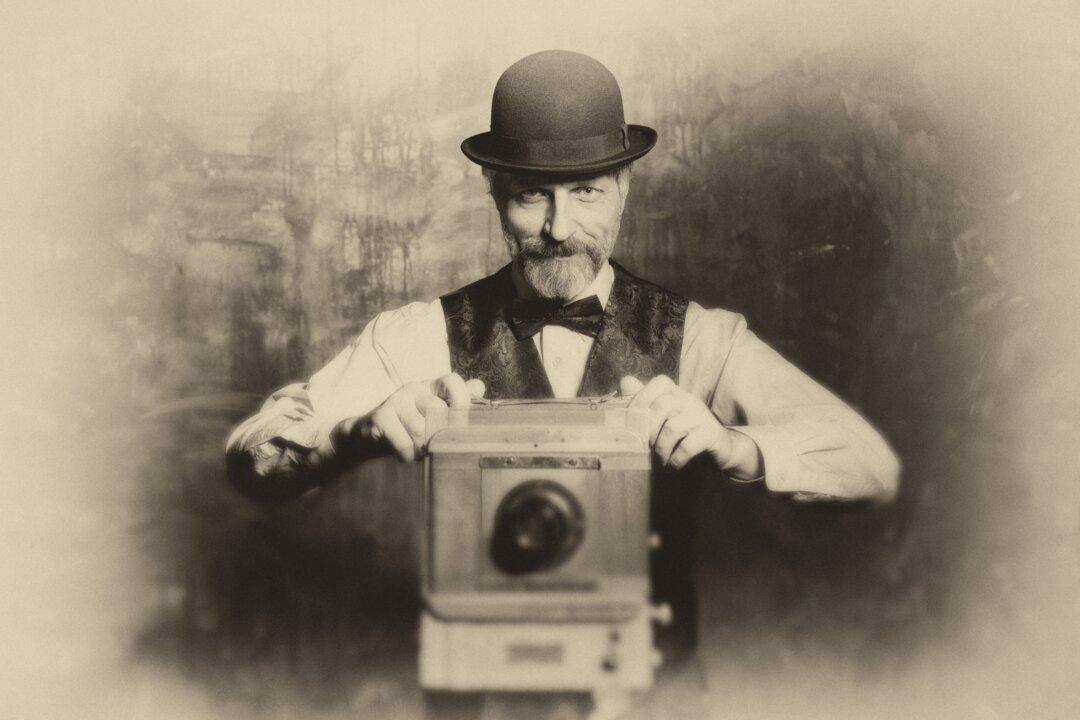Commentary
In my family archives, there is a photograph of the extended family of many generations. The way these photos were set up in the early 1920s in frontier towns was to place the eldest in the front row, with their children behind them. Sometimes, the youngest were on small chairs, or their parents would hold their babies. On the back row, you had the upcoming generation, kids in their late teens and early 20s.





